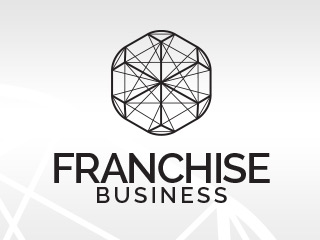
Clark Rubber has been preparing for the tough economic times since the summer of 2007/08. Managing director Chris Malcolm spent this time in the UK and France and returned to Australia convinced of the need to take action to ensure the Clark Rubber business was prepared for a downturn.
“From February last year, we could see that sales were declining. At the same time, it was evident that costs were going up – petrol, interests rates, food, etc,” Malcolm explains. “We took some action at that point, including initiating some redundancies, however, we were well placed to hit any recession head-on.”
What followed for Clark Rubber was beating its sales budget in December 2008. In January, 2009, the business has recorded sales growth of 14 per cent compared to a year ago and it beat budget again in February.
Malcolm is confident he is now well prepared to keep all his franchisees in business through these hard times thanks to a clear strategy.
Firstly, it was decided that Clark Rubber would not actively look to increase store numbers nationally and the resources usually dedicated to new store openings would be moved to support existing stores. Cutting out non-essential services to franchisees and systems is another move. Malcolm went back to basics and dropped training courses on marketing to the ageing population and how to process a lay-by, and instead concentrated on customer service and financial management.
Tough choices
Staff redundancies have been a hard choice.
“It was the second toughest thing I’ve ever done, because every year over the past 14 years we’ve increased staff,” says Malcolm. “There were initially negative responses from suppliers and media but just a few months later some of those people were saying they wished they had done it sooner,” he adds.
Sacrificing one of the two retail business managers working in each state allowed Malcolm to introduce a new role in each state to assist franchisees with book work and financial management.
“It was a gutsy move,” Malcolm believes. “People told us not to get involved in franchisees’ financial management because if things go wrong we would be blamed by franchisees. But we think it’s worth it.”
The company has also consolidated suppliers and negotiated better prices for franchisees by saving suppliers some freight costs.
Clark Rubber has also renegotiated leases with landlords.
“Thank God we are not in big shopping centres,” Malcolm admits. “We have sat down with landlords of some stores that have struggled to take costs out, put the profit and loss sheet on the table and asked for help. Some of the better landlords have acknowledged the problem and been flexible.”
While Malcolm expects this year to be tough Clark Rubber still plans to open four stores in Western Australia and says his team is working on increasing sales across the board through working with suppliers to broaden the product range.
“Our priority is to help franchisees get through the tough times. Every franchisee has different needs, some are more highly geared than others. We need to move quickly when the pressure is on.”

